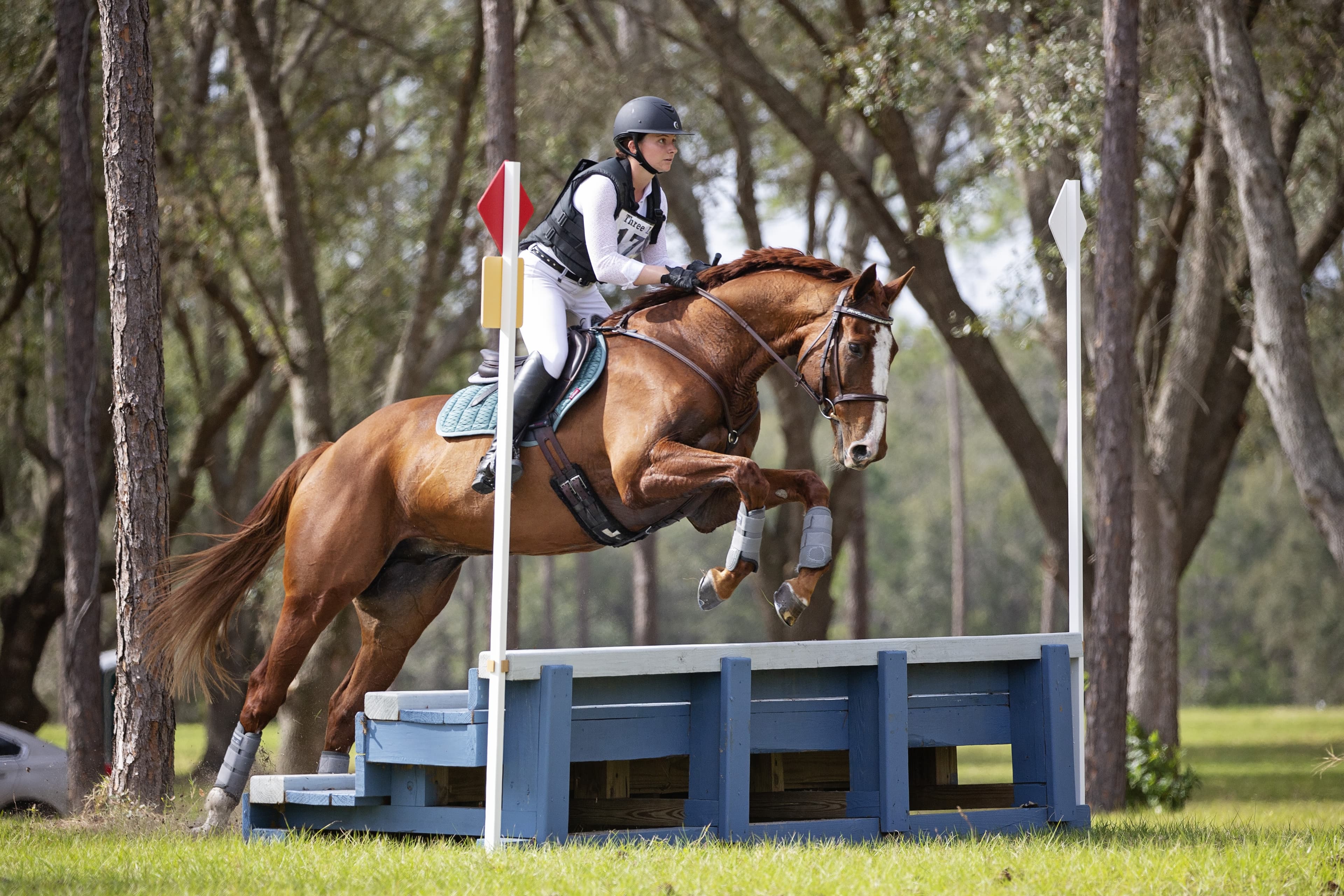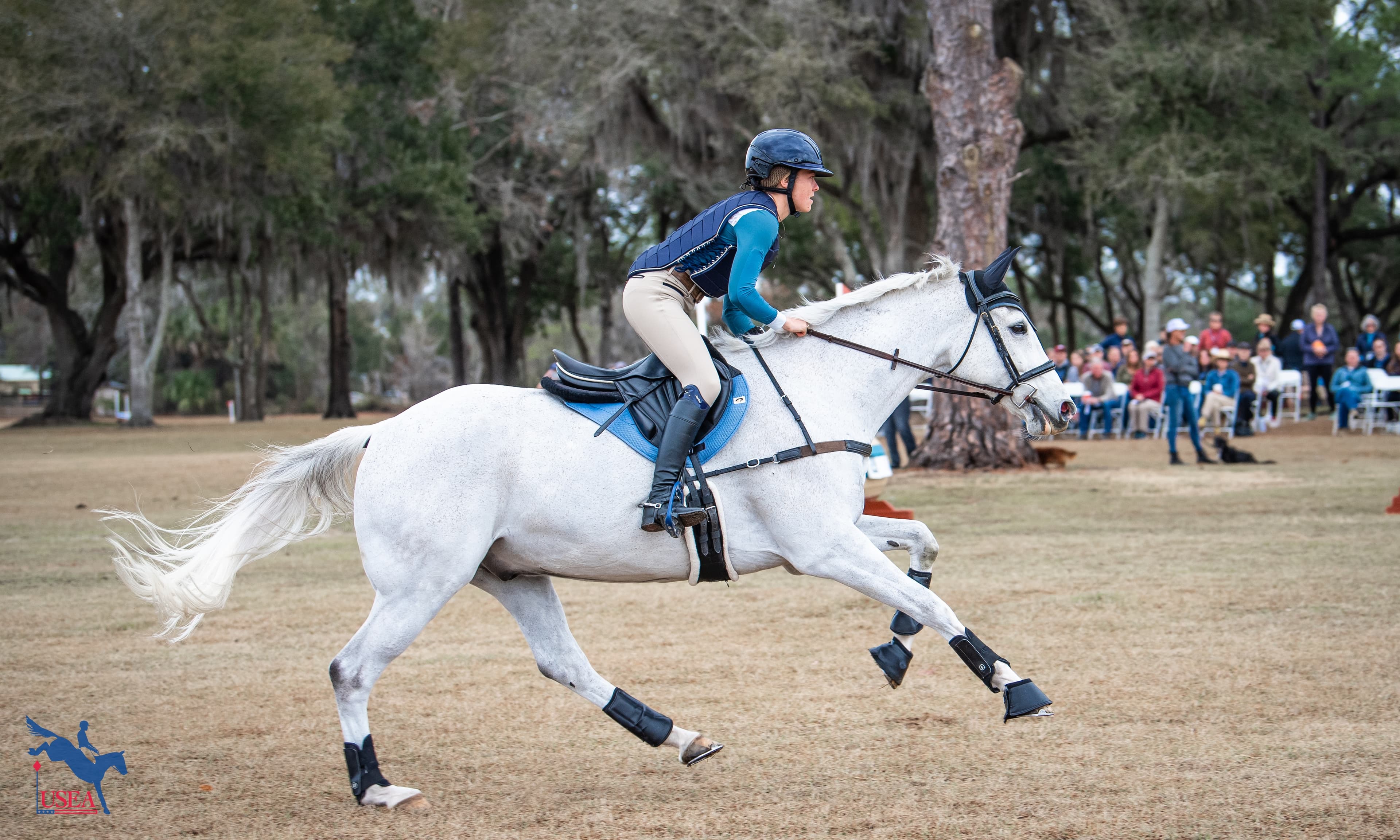Volunteers Adapt to the New Normal
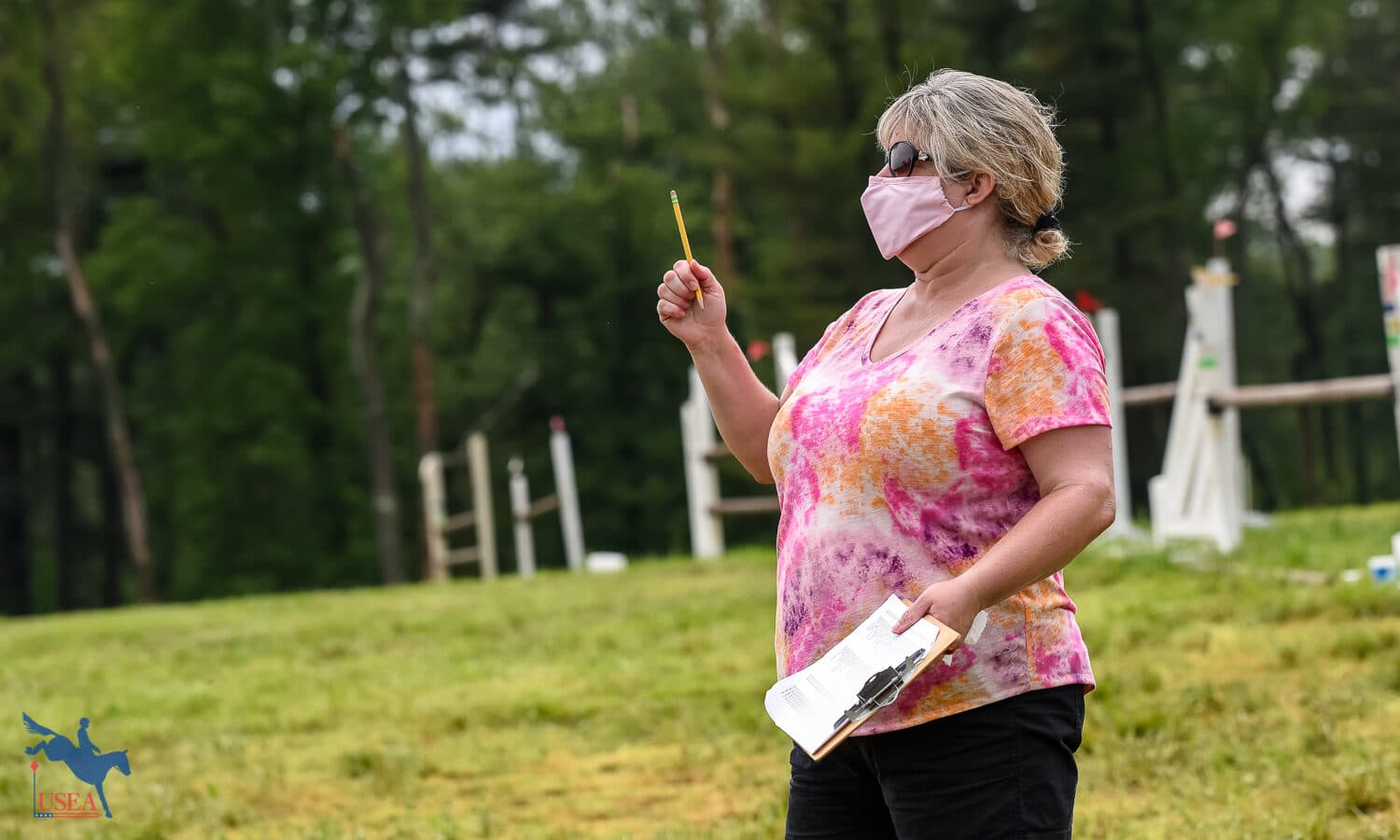
Plantation Field Horse Trials was one of the first events back out of the gate when the competition suspension was lifted at the beginning of the month, and that meant they were the guinea pigs for seeing what the new USEF COVID-19 Action Plan looked like in practice. Specifically, the team at Plantation had to rethink how to manage their volunteers, who by necessity come into close contact with many other people throughout the course of the day at a competition.
Bonnie Kibbie, the Volunteer Coordinator for Plantation Field, explained that they had to consider all the points at which volunteers come into contact with other people and then figure out how to limit that contact as much as possible. “Where are all the points in the day where volunteers have to interact with each other, with officials, with competitors?” she said. “The biggest thing is no large gatherings, so that put the kibosh on our jump judge briefing, and that was probably the hardest thing to get rid of because that’s where so many little questions get answered.”
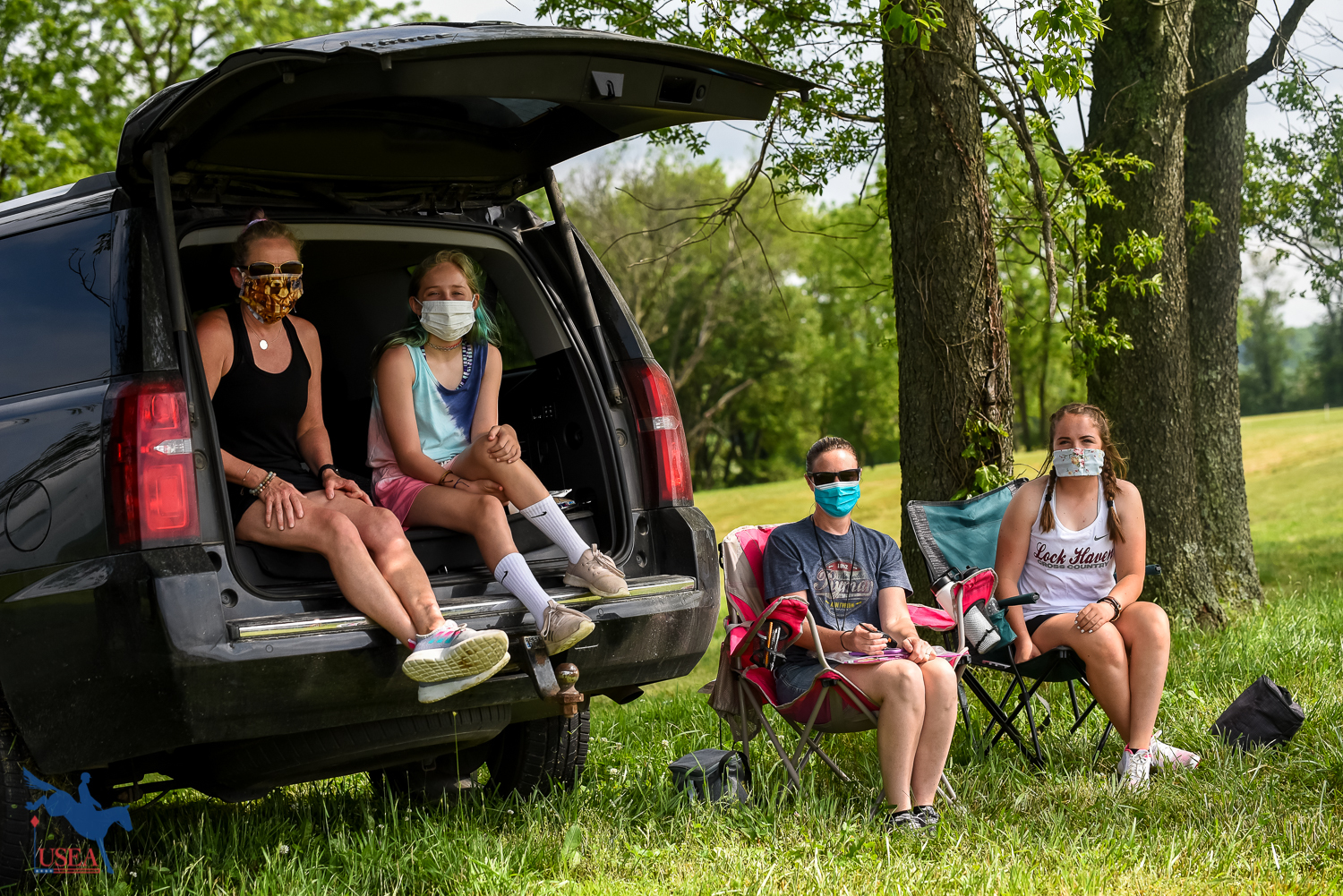
So, for jump judges – arguably the single largest volunteer position at any event – Plantation elected to use the USEA Jump Judge Instructional Videos as their jump judge briefing prior to their arrival at the event to eliminate the need for a large group briefing. “We sent the email out with the link on Wednesday [before the event] and again on Friday night and said, ‘Hey, even if you’ve jump judged for us before, please watch this because you’re not going to have the briefing that you’re used to,’ and I think it made a huge difference,” Kibbie said. Then they did a drive-thru pick-up station for jump judges to pick up their radios and clipboards – all pre-disinfected and in sanitized plastic pouches – before driving out to their position on course.
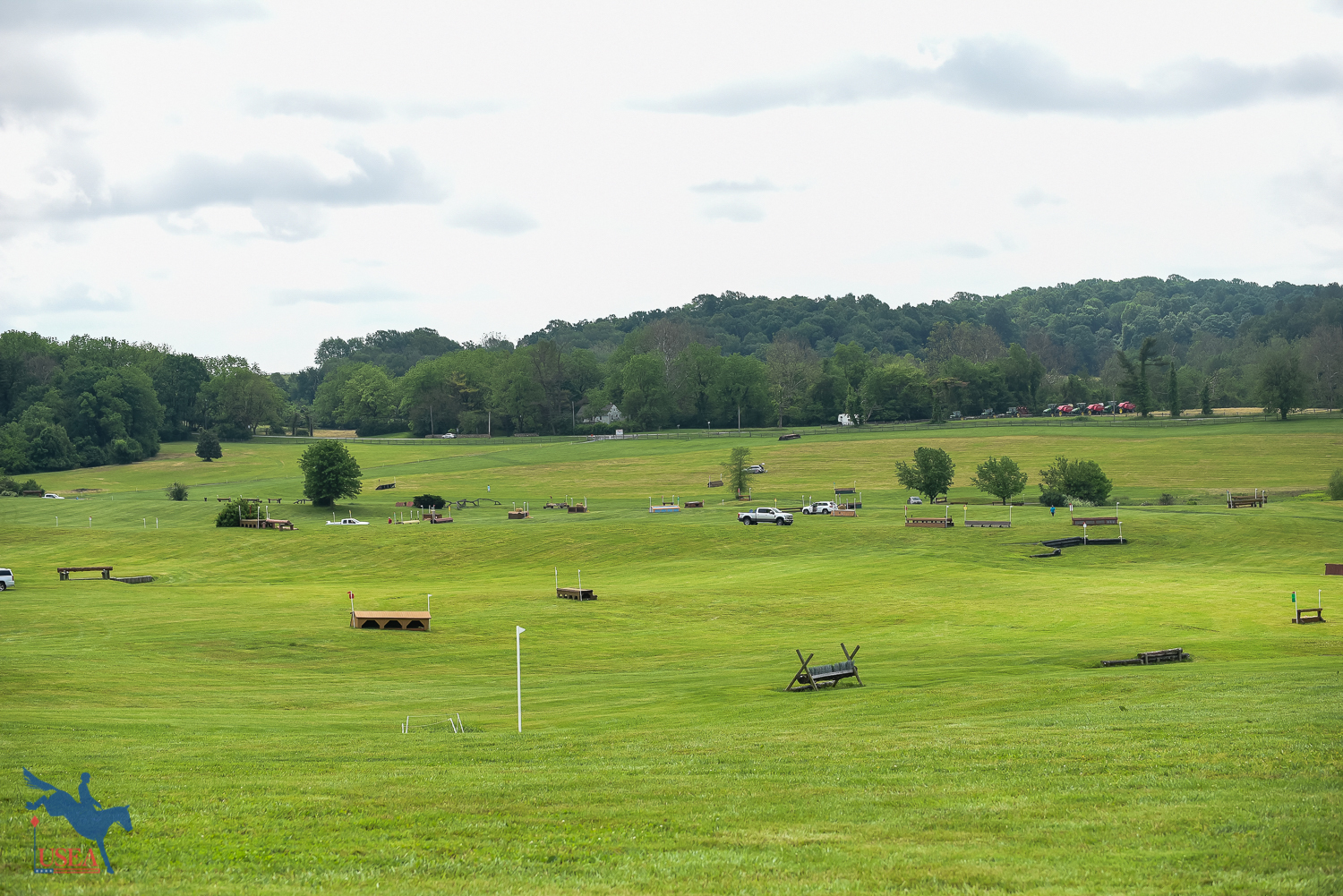
Luckily for Plantation, the majority of the cross-country course takes place in a shallow valley with plenty of visibility, so some jump judges were able to cover multiple fences instead of just one, cutting down on the number of volunteers needed. Additionally, they elected not to use score runners because nearly the whole course was visible from control and they were able to confirm penalties with the jump judges via radio. Of course, the score sheets were all double-checked by the scorers at the end of the day. “Plantation I feel like is really lucky because we have a bird’s eye view of almost the whole course,” Kibbie explained. “Cross-country control was able to sit and watch most of the course. We have a master control score sheet and we double-checked with the jump judges over the radio to make sure we had the scores right and then control relayed the master sheets to scoring via text message . . . it’s not conventional, but it worked!”
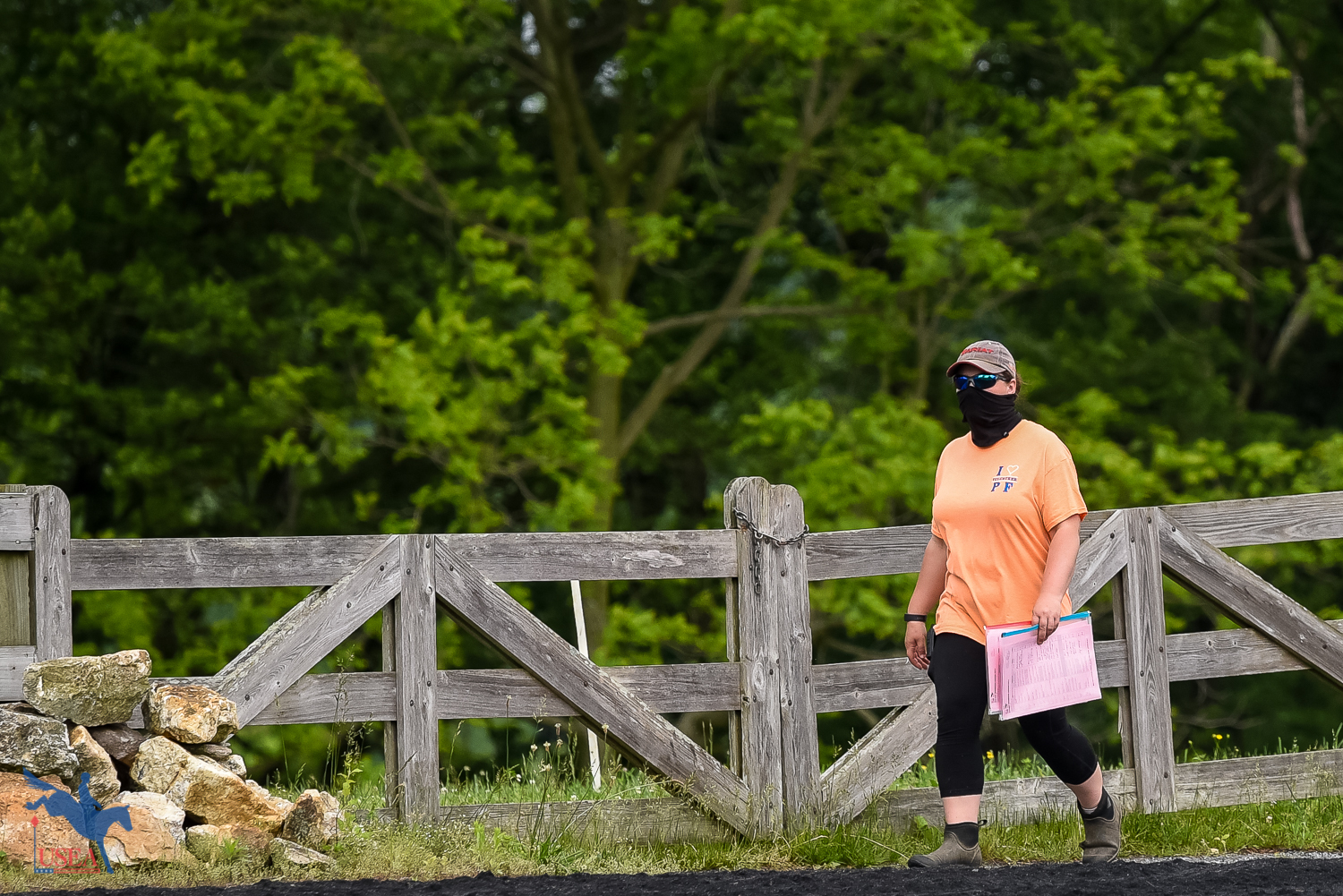
For dressage, each judge and scribe parked next to each other in their separate cars and spoke through the open window to maintain six feet of distance (they also had radios they could have used if the weather turned and they needed to roll their windows up.) “We ended up giving the judges their own sets of tests,” Kibbie explained. “The collective marks were on their tests and the comments were written by the scribe on the other copy and we stapled them together. That way, the scribe and the judge didn’t have to be passing anything back and forth. One of our judges brought her own scribe – a family member – so they were able to sit in the same car together. That’s something I would definitely encourage other officials to do, that way you don’t have to deal with the social distancing measures.” Instead of having a score runner collect tests after every ride, they only collected once every hour to limit contact. “It meant slower live scoring, but limiting contact is the number one goal.”
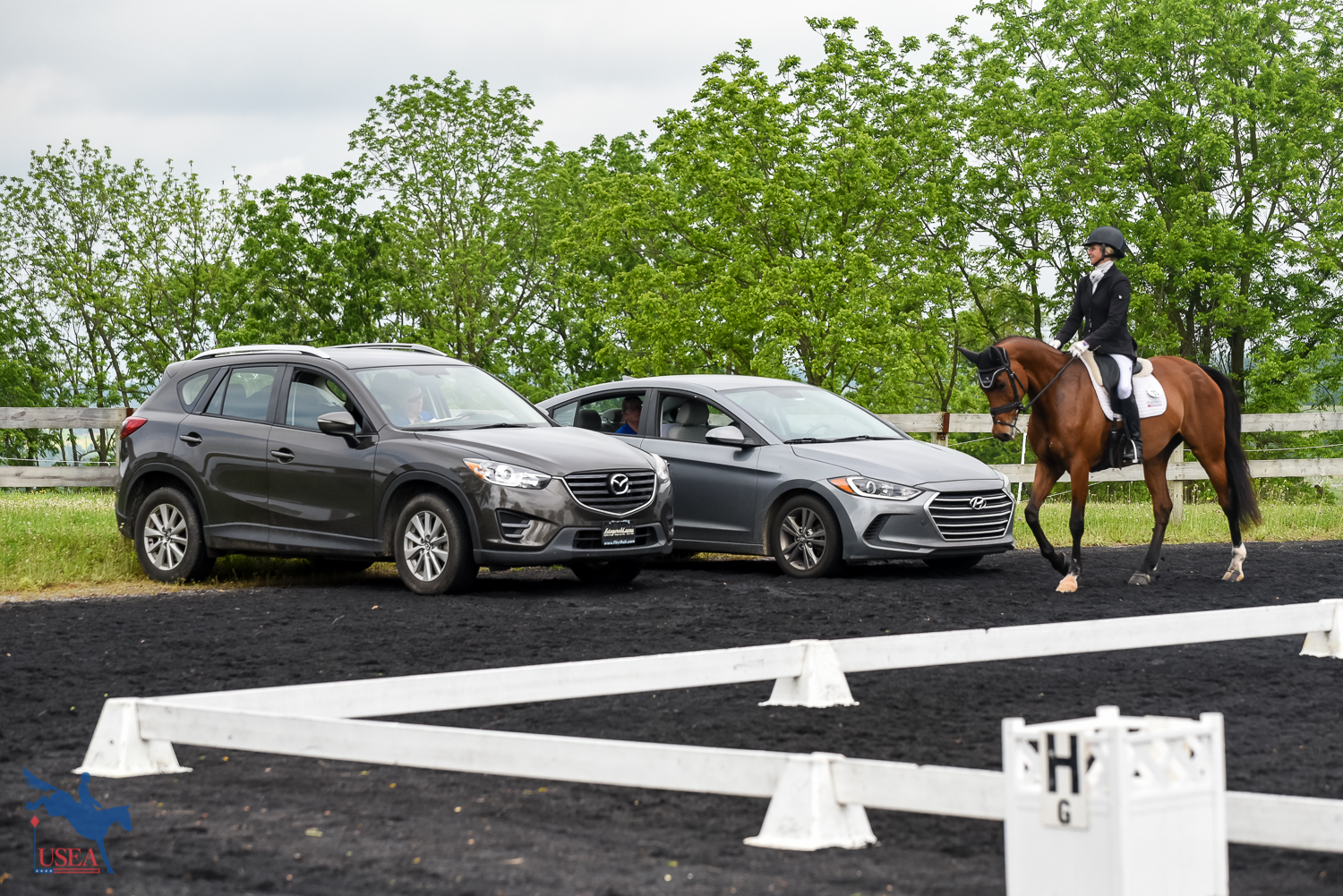
Plantation is well-known for giving their volunteers the VIP experience and one of the toughest adjustments for them to make was not being able to feed their volunteers. “For us, feeding our volunteers is such a huge part of the day,” Kibbie said. “We love to feed them goodies and make sure they have snacks and drinks all day long so not being able to do that we’re used was definitely the hardest part. We missed that.” Instead, Plantation provided volunteers with $10.00 vouchers for the food truck that was on the ground so they could get lunch there instead. “It felt like the least we could do, but a lot of the volunteers donated the money back to the Plantation Fund, so that was really nice.”
“It definitely felt different – not as fun and carefree as we usually try and have things, but it was so great to see everyone,” Kibbie concluded. “This is the easiest time I’ve had getting volunteers because everyone is so excited to get out of the house and spend a day outside! Everyone was so excited to be here. I’m eternally grateful to all of them for going with the flow. We didn’t know how things were going to go and they just handled it! Everyone was patient and they went with and we had a great day.”


